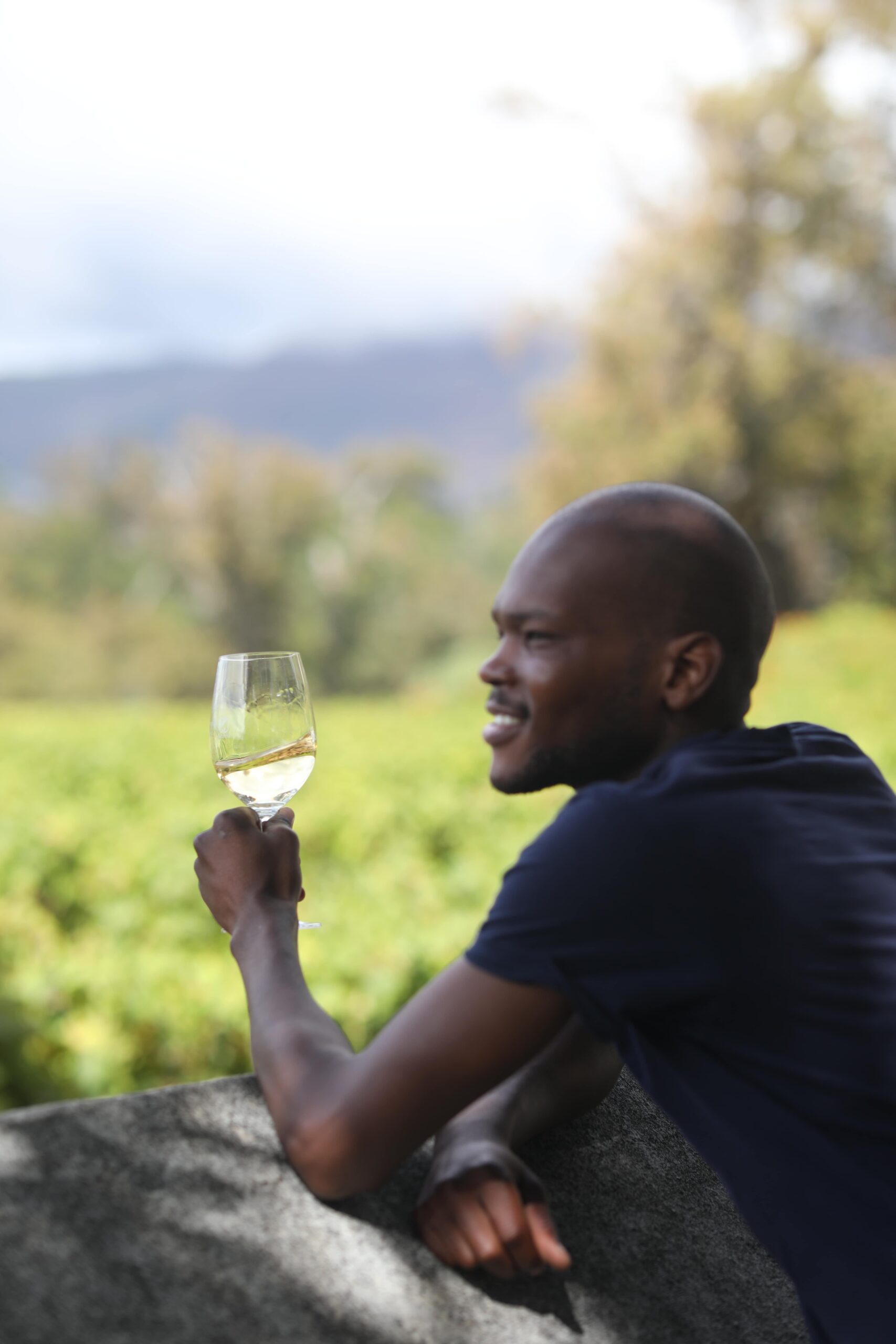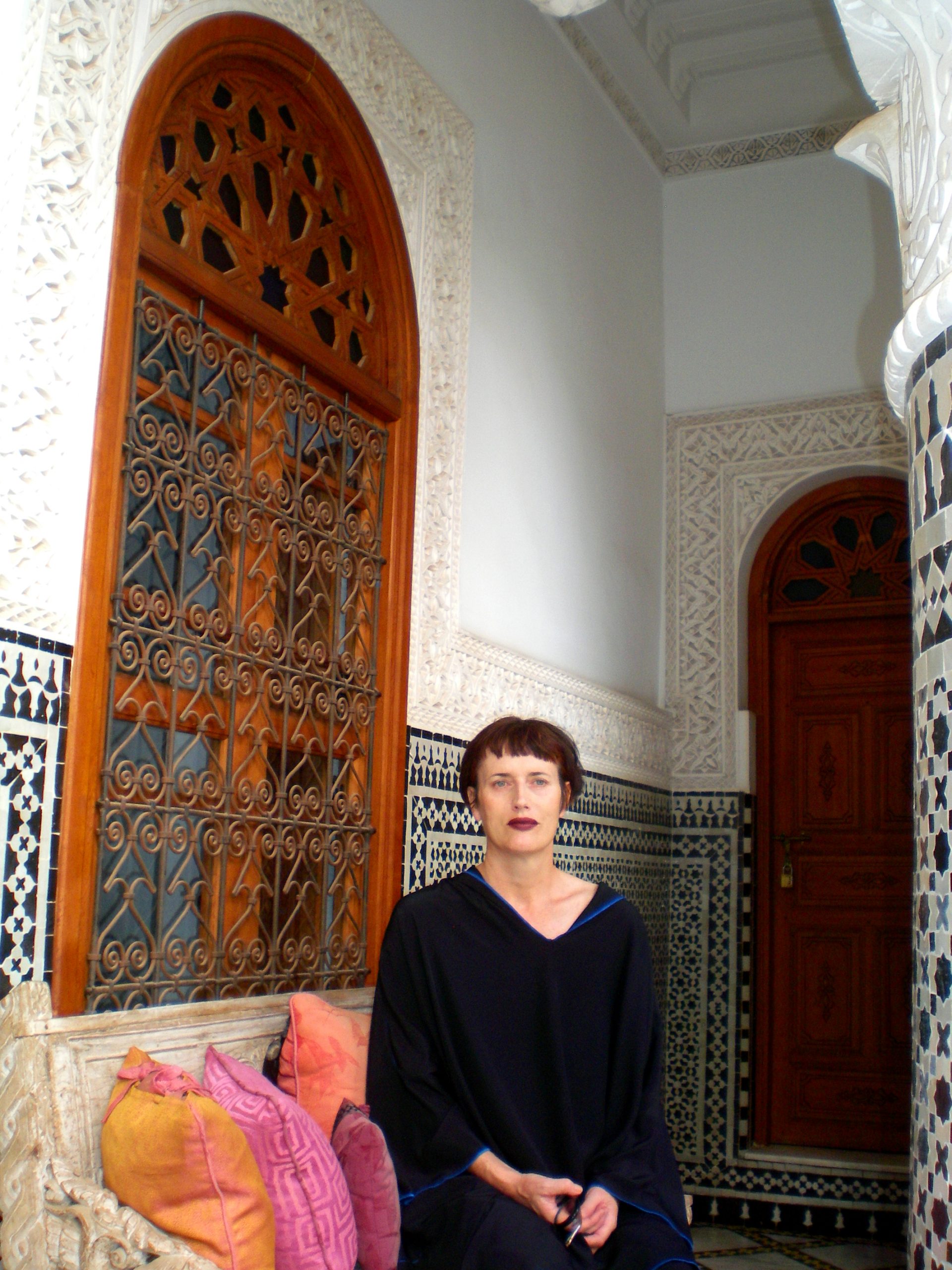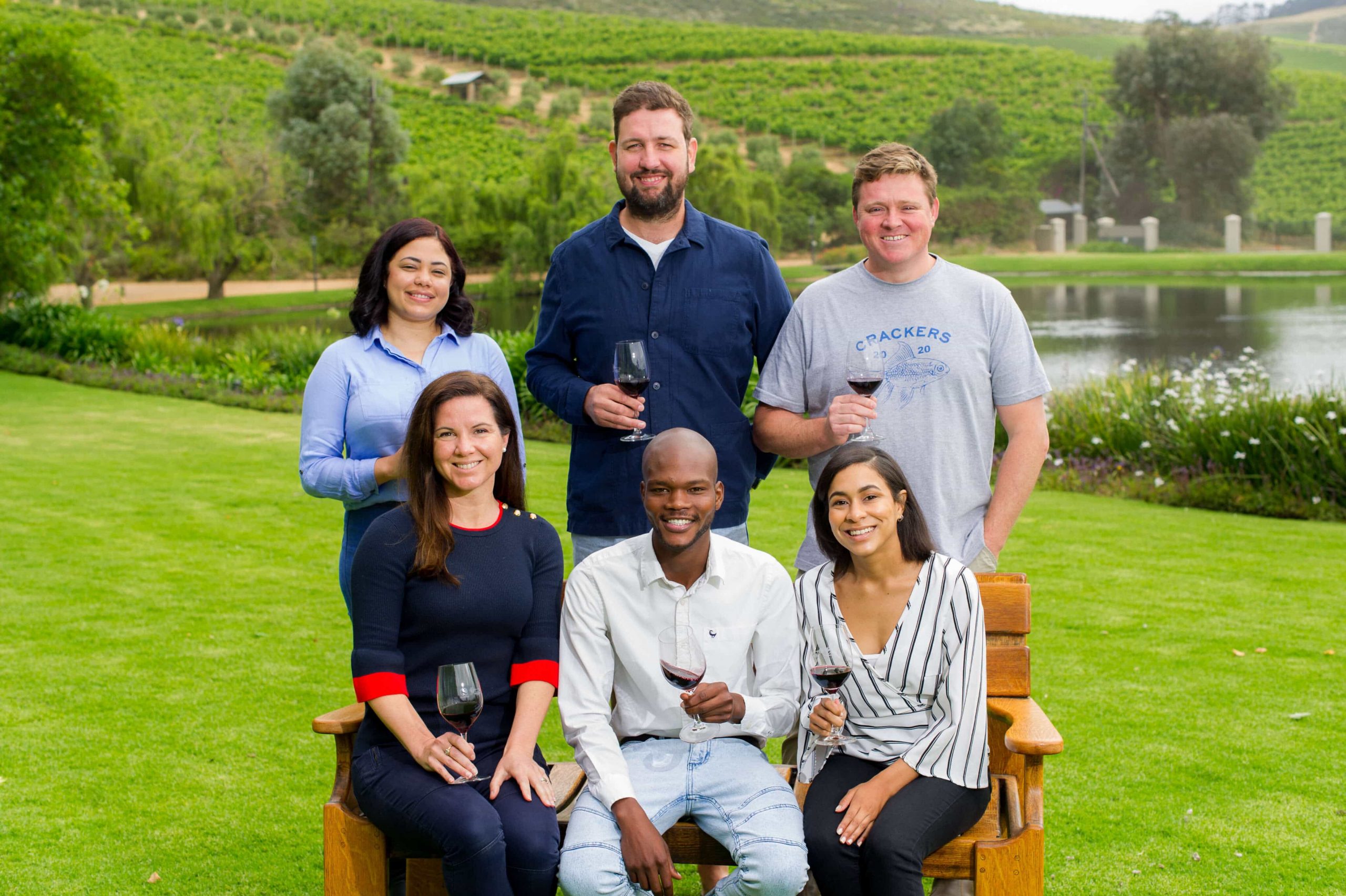The support of South African wine collectors came out tops in the first CWG Protégé Programme Auction this year, with bidding concluding at a generous total of R455 700. Seizing the opportunity to acquire exceptional wines whilst supporting the South African wine industry’s next generation, buyers set the pace for the first of the two online charity auctions to be held prior to the annual Nedbank CWG Auction which takes place live and online on 2 October 2021.
Cape Winemakers Guild Members as well as graduated Protégés donated wine and wine-related experiences to raise funds for the Protégé Programme which is wholly funded by CWG charity auctions, donations by corporate sponsor Nedbank and donations from outside organizations.
The prerogative of this CWG Charity Auction was to appeal to individuals globally who share the Guild’s commitment to education, upliftment, and transformation. Bidders had the opportunity to contribute towards the Guild’s goals of empowering young winemakers from historically disadvantaged backgrounds and creating diversity throughout the wine value chain.

Bonhams of London hosted the June auction and will continue partnering with the CWG in the next Protégé Auction to be held over a two-week period, from 17 September 2021. The auction house will also host the annual Nedbank CWG Auction, live and online on 4 October 2021.
Richard Harvey MW, Bonhams senior international director of fine wine says that Bonhams were delighted to support the sale of the Protégé Auction:
“One of its important objectives was to spread the word internationally about the quality of South African wine, and it is encouraging to see that buyers came from all over the world and not only from South Africa itself.”
Between 4 and 21 June this year, the Auction saw 113 registrations from across the globe. In total, 57% of the buyers were South African, 34% from the United Kingdom, 3% from the USA, 3% from the United Arab Emirates, and 3% from Australia. The lots comprised unique collections of magnums, wine regions, and stellar vintages that have become sought-after collectors’ items, as well as bespoke wine related experiences.
Louis Strydom, Chairman of the CWG Development Trust, says the Auction results indicate South African wine buyers’ commitment to support local initiatives and invest in quality South African wines.
“With many Covid challenges during the year we appreciate the support for the Protégé Programme. Our loyal customers and members are the cornerstones of our continued efforts to transform our industry for a better tomorrow for us all.”

More about the protégé programme
The Protégé Programme was launched in 2006. The aim of this three-year internship is to cultivate the next generation of award-winning winemakers and viticulturists through a fully funded mentorship and empowerment programme, whilst promoting transformation within the industry.
The members of the Guild play a pivotal role in mentoring and inspiring the Protégés to strive for the creation of wines of excellence. This enables the Protégés to develop their skills whilst being exposed to different terroirs and styles of wine, giving them invaluable experience and a foundation upon which to build their careers.
Each Protégé starts his or her mentorship programme in an environment where they can make mistakes, fall and be helped up again, and cultivate an attitude of survivorship in a changing world. The Protégé Programme is designed to cultivate a belief in each candidate’s ability to cope, staying connected to the winemaking process, and be guided with the necessary support.
Since the inception of the Protégé Programme, 24 Protégés have completed the three-year internship and 13 are currently participating in this ongoing programme. Of those who have graduated, 16 now either hold leading winemaking roles or have their own winemaking projects. The CWG has become a unique institution in the way all 43 members remain involved in this uplifting initiative, providing mentorship to ensure that both the industry standards and the values of the CWG, exceeds all expectations, and are maintained by new talent and the future policymakers.



















